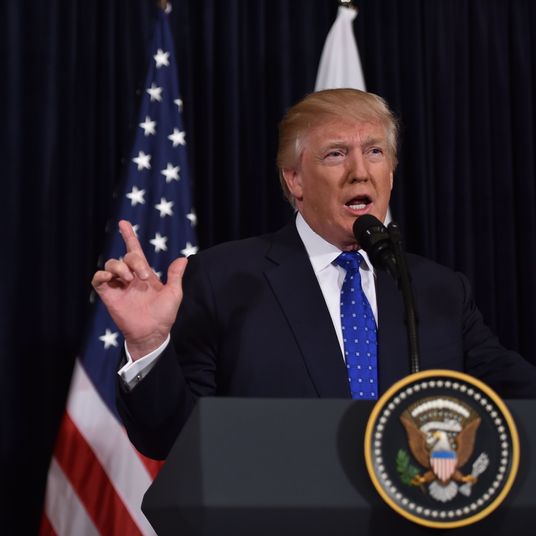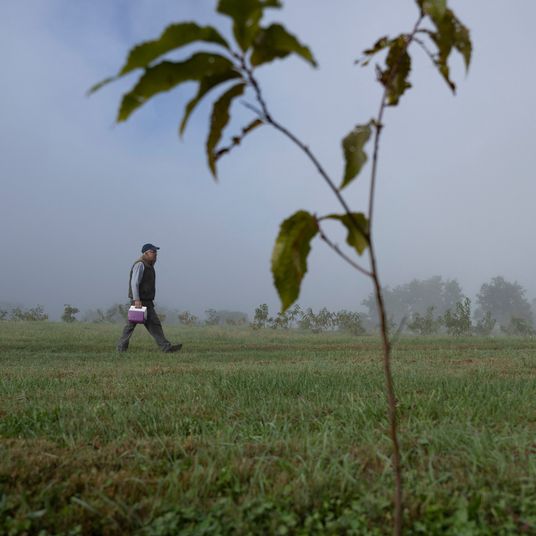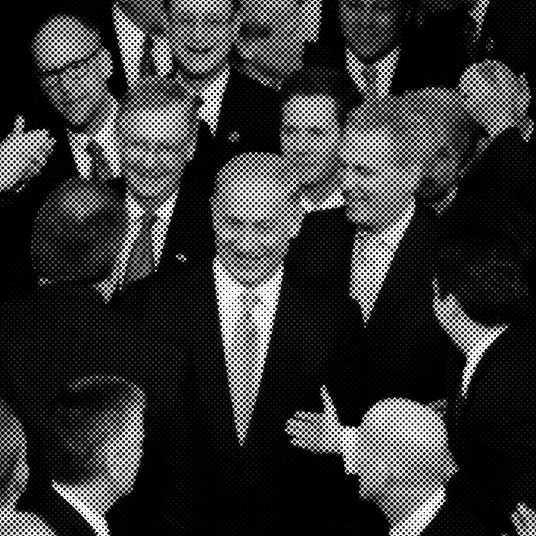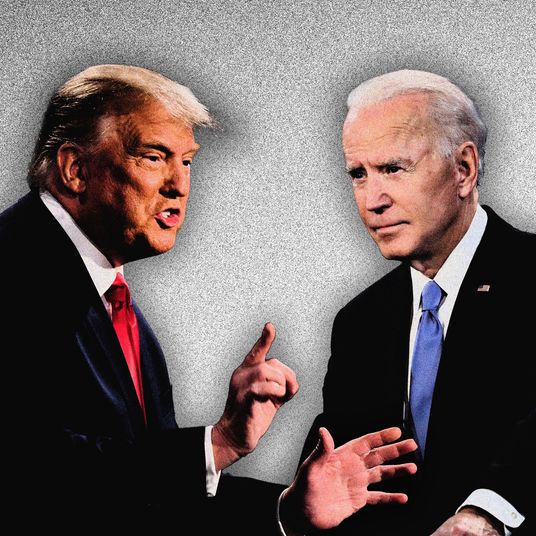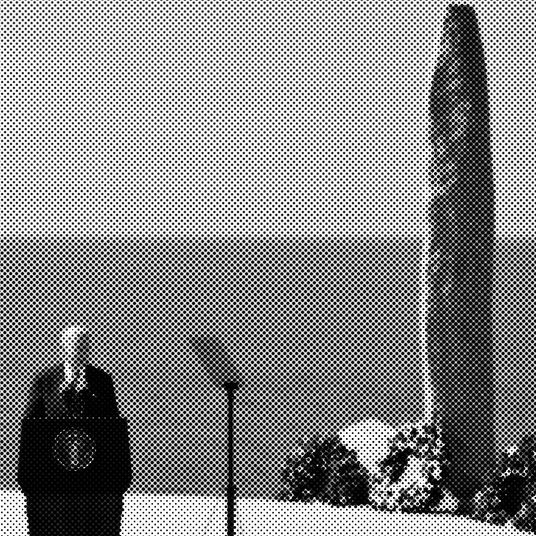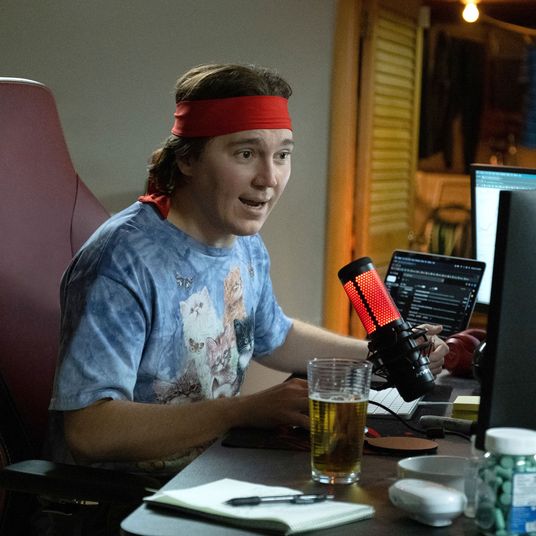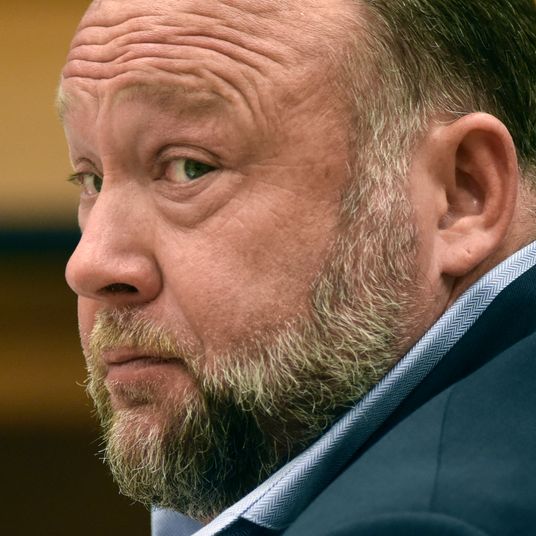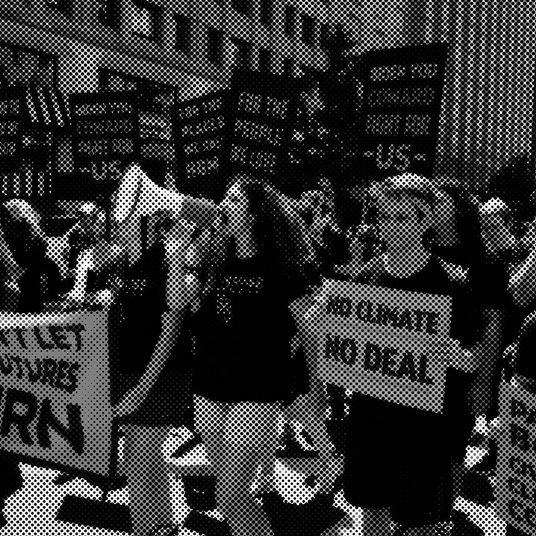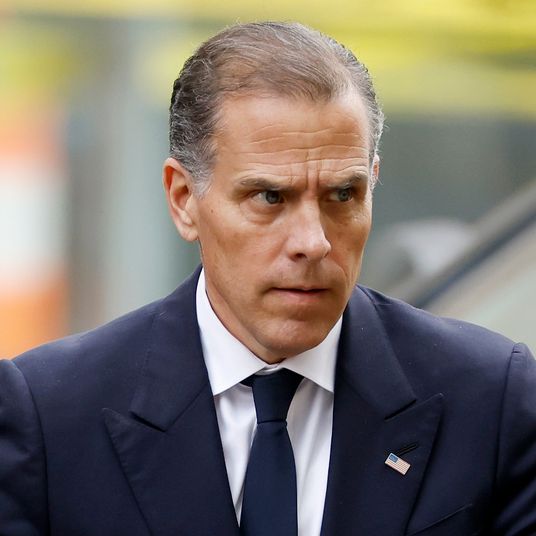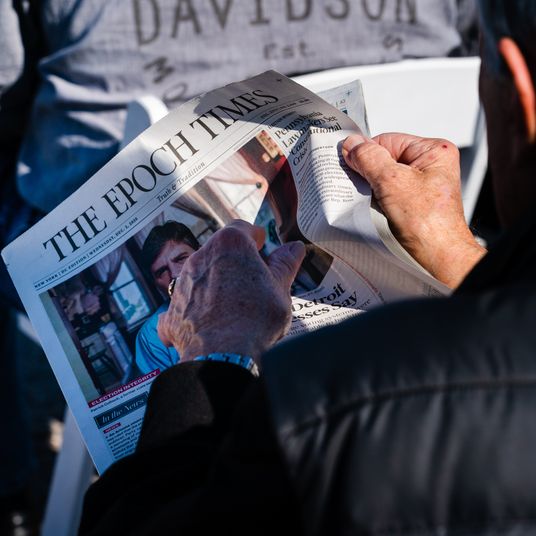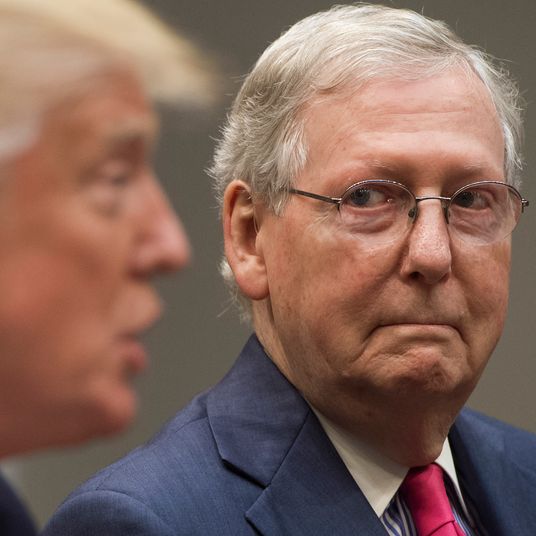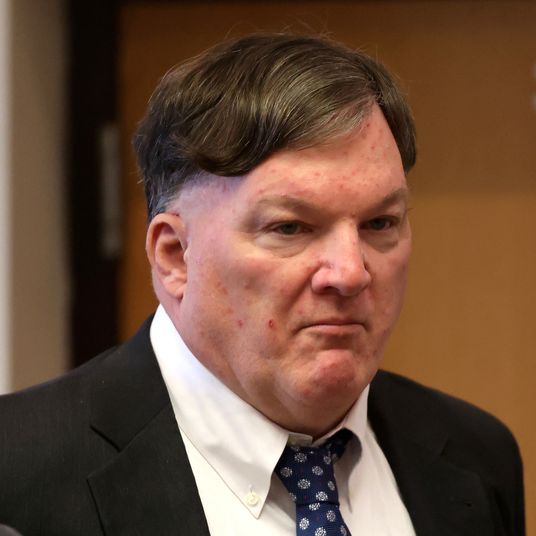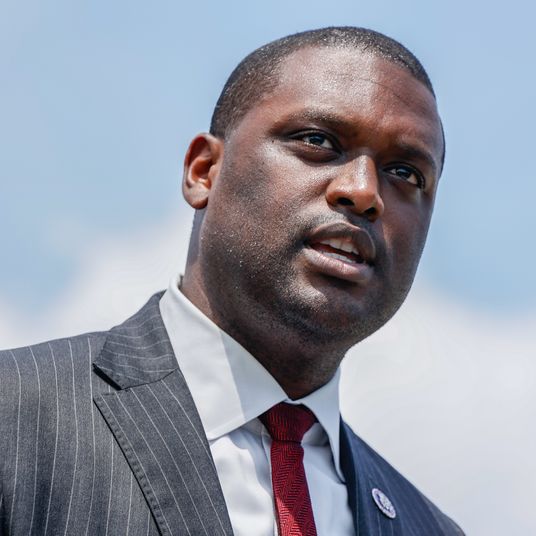At Brooklyn Friends School, progressive Quaker values are part of the curriculum. A required seminar for ninth-grade students encourages them to explore matters of identity and social justice, and there are land acknowledgments on the walls. But a debate over Israel between parents and the school has tested its values. Brooklyn Friends says it is trying not to pick a side, but parents who are critical of Israel say the school has silenced them.
BFS is one of many liberal entities to face a split within its ranks after October 7, including the rift inside the Democratic Party. PEN America, a free-expression group, canceled its prestigious awards and World Voices Festival after writers withdrew, calling on the organization to more strongly condemn Israeli attacks on Palestinian writers and culture. College campuses across the country are convulsed not only by student protesters but by administrators who respond with violent crackdowns.
Nobody has called the police on critical parents at BFS, but there is tension all the same. It stretches as far back as December, when BFS asked Esther Farmer, an activist with Jewish Voice for Peace, to speak at an event honoring Human Rights Day. Farmer says she readily agreed, figuring she had been invited to provide JVP’s anti-Zionist perspective. In her view, that wouldn’t be out of keeping with the school’s pacifist Quaker tradition. “The American Friends Service Committee has been pro-Palestinian and pro-peace for many, many years. And I had a lot of respect for them,” she says.
A few weeks later, BFS withdrew Farmer’s invitation and later canceled the event altogether. “So that was a little surprising because this was the Friends school, and I couldn’t understand what happened there,” Farmer says. Kevin Murungi, the school’s director of global civic engagement and social impact, says they “vetted all the speakers, including Esther, carefully, and told them the spirit of the event that they were attending.”
Farmer wasn’t the only person surprised by her cancellation. Some parents were taken aback when they learned of the decision through a December 8 email from Crissy Cáceres, the head of the school. She wrote that other parents had raised concerns about JVP. “We would never knowingly pursue a course of action that would put any of our students in harm’s way,” Cáceres said.
But what harm could Farmer — who is Jewish — pose to students? “I have to say my experience of that is that’s really what’s antisemitic,” Farmer says. “So we’re only allowed to hear some Jewish voices but not other Jewish voices?”
When Cáceres is asked what she meant, she says, “The voices of our students can be put into places of tension, and deconstructing of those voices through adult lenses that may or may not have been at the center of the planning and the purpose, I felt like that could be emotionally, socially, mentally harmful to the students who had such a pure purpose and goal of really amplifying a diversity of thoughts and perspectives for their peers.”
“It feels typical,” says Keith White, a parent who is dismayed by the administrators’ decisions. “The school’s response was scary. They were clearly afraid of upsetting what is the kind of status quo.”
Parents who support JVP responded to Cáceres with an email of their own two days later. JVP represents the anti-Zionist views of “hundreds of thousands” of American Jews, they wrote. BFS makes lofty moral claims, they pointed out, yet “there has been a notable absence of actively embodying and practicing the principles of nonviolence, indigenous rights, and community engagement.” Cáceres says the school heard positive and negative opinions about the event, and it became a distraction. “We felt like an experience that had been created and designed with a focus on the centering of students became something that was focused very much on a myriad of many different diverse thoughts, feelings, perspectives, and emotions shared by adults,” she says.
A little over a week later, Cáceres announced a “purposeful gathering” for select parents and the school’s leadership team to talk through their issues. Participants were encouraged to write their feelings on Post-it notes stuck to a wall, parents told me, and a promised follow-up meeting never occurred.
Cáceres says the school “has not taken stands on any one perspective” except for “upholding human life” as a Quaker school and pacifist community. On October 9, two days after the Hamas attack, she issued a statement mourning the Israeli loss of life. “I ask that we hold in the light all impacted by the war raging on in Israel, including many in our own BFS community who have cultural ties to the region and may, in fact, have family members who are living within Israel,” she wrote. “To hold others in the light, one does not have to hold a position or side.”
But a pair of February announcements made it seem to some parents that the school had chosen a pro-Israel side after all. In an email, a school administrator announced that “BFS will be sending a group of students to participate” in an upcoming conference held by the Anti-Defamation League. (Jonathan Greenblatt, the ADL’s CEO, equates anti-Zionism with antisemitism and said in 2022 that Students for Justice in Palestine and JVP “epitomize the Radical Left, the photo inverse of the Extreme Right that ADL long has tracked.”) The same month, a different administrator emailed faculty to announce antisemitism training at the 92NY, the Jewish institution that drew fire after it canceled an event with Pulitzer Prize–winning novelist Viet Thanh Nguyen because he signed an open letter that criticized Israel. The 92NY training was hosted by Rachel Fish, founder of the Boundless think tank, which describes itself as “unapologetically Zionist” on its website.
A group of parents emailed BFS asking the school to cease promoting the training and cancel plans to bring students to the ADL summit, saying that if members of the BFS community wished to attend either event, they should “do so without the school’s sponsorship.” Brett Topel, the school’s communications director, says the antisemitism training was advertised alongside other events, including one on challenging Islamophobia, and that educators were not urged to attend. The school did not sponsor a trip to the ADL summit, Topel says, but rather provided chaperones for students who went.
As the school year wore on, some parents decided to organize their own event — independent of the school — about the war in Gaza, where anti-Zionist perspectives would be heard. A digital flier identified them as Brooklyn Friends parents. When Cáceres discovered this, she told them “to pause in advertising an event with our school name.” (Topel says the school sought to avoid the impression that the event was sanctioned by BFS.) Organizers edited the fliers but didn’t back down from the event. On March 1, they hosted Farmer and two other speakers, including a graduate of the Ramallah Friends School in the West Bank, a Quaker school whose origins date back to before the founding of modern Israel.
At the Interference Archive in Brooklyn, Farmer and others provided their own perspectives on the war. White, whose five children have attended BFS, opened with a land acknowledgment as around 60 alumni, students, and other parents listened over plates of Greek food. A representative from the American Friends Service Committee told the attendees that its three staff members in Gaza had all been displaced and that the committee had conducted humanitarian work there since the 1940s. During her presentation, Farmer discussed her disinvitation from the school and said she considered Zionism to be antisemitic, adding that Jews like herself are not a “monolithic” community.
“The meeting came as a result of parents wanting to have a more transparent conversation about what’s happening in Palestine and Israel and wanting to engage the school in that conversation,” White says. He didn’t expect BFS to take a position, he adds, but wanted a space to “unpack” and “process” — a space the March event provided. But he’s not as worried about events at the school as he is about what’s going on in Gaza. “I want to center the experiences of people whose land is being taken from them, or who are being killed, and who are suffering what has now gone from ethnic cleansing to a genocide,” he says.
Another parent, Eustacia Smith, expressed sadness that the event hadn’t been organized by the school. “Our speakers were amazing,” she says. “And I’m so glad that we had a good mix of teachers, parents, other people from outside the school, and some students.”
In May, as the school year drew to a close and Israel bombed Rafah, parents scheduled a follow-up gathering to discuss the conflict. This event, too, will be held independently of BFS. Smith hopes that BFS, going forward, will allow teachers and students to talk about the war more openly with less of a one-sided bent. “What’s going on in Palestine is devastating,” Smith says. “And I really don’t get why more people don’t take action about it.”
